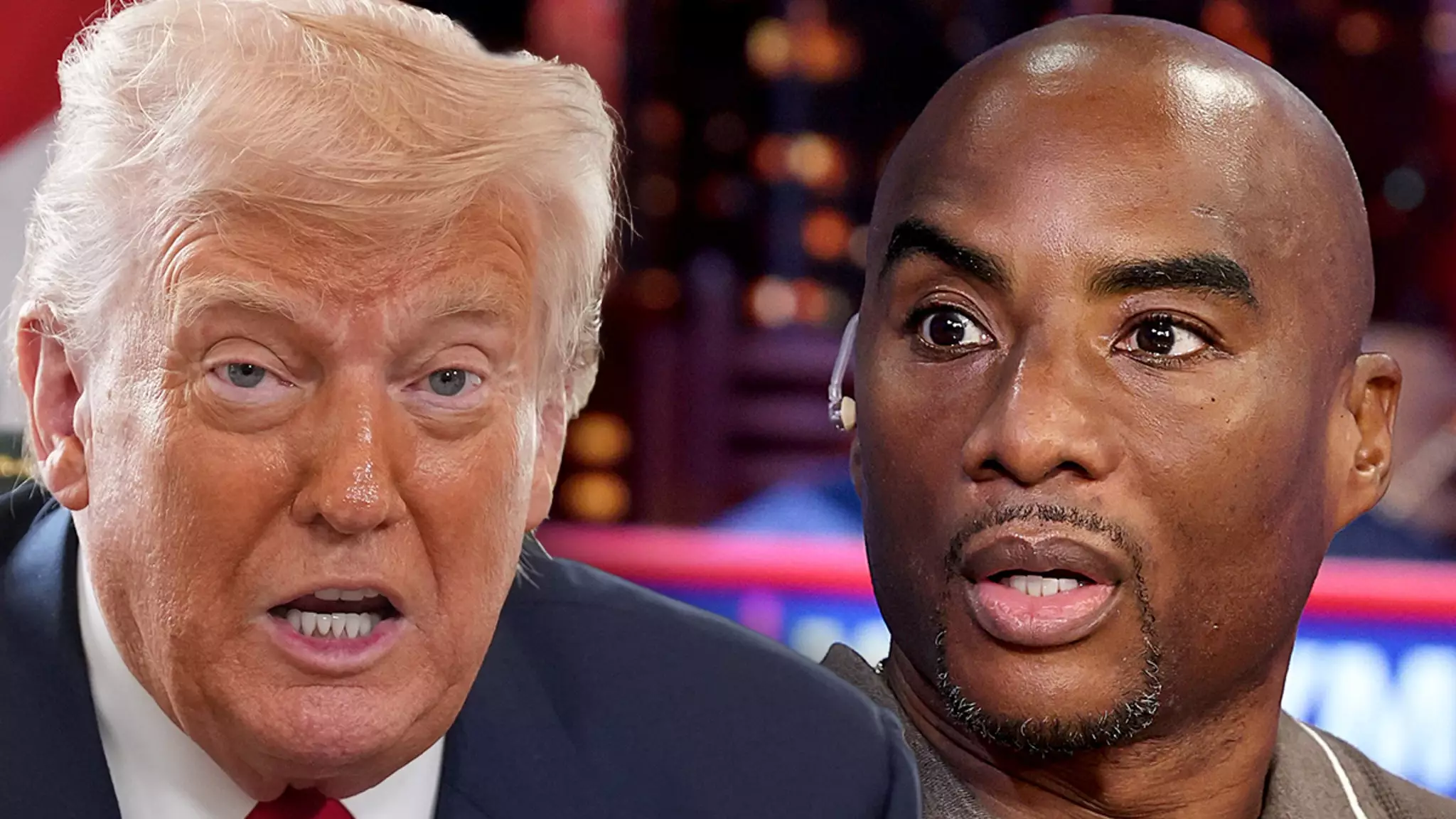At the heart of political discourse today lies a tendency to evoke emotional reactions rather than engage in rational debate. When Donald Trump responded to Charlamagne tha God’s critique, his choice of language—calling him a “racist sleazebag” and a “low IQ individual”—serves not just as a rebuttal but as an emotional attack designed to diminish his opponent’s credibility. Such tactics often overshadow substantive policy discussions by focusing on personal disparagements, which tend to polarize audiences further. While they may rally loyal followers who revel in these confrontations, they risk alienating moderates who seek issues-based dialogue.
The Role of Media Personalities in Shaping Political Battles
Charlamagne tha God’s influence as a media figure is a testament to the shifting landscape of political communication. Unlike traditional politicians who often rely on scripted statements, media personalities and influencers can sway public opinion by framing narratives to suit their perspectives. Charlamagne’s assertion that the Epstein scandal could empower traditional conservatives to wrest control from more populist elements highlights how media figures leverage controversial topics to shape ideological battles. Trump’s furious response underscores how these personalities are viewed as threats to established political identities, which in turn fuels a cycle of incendiary exchanges.
Narratives and Their Impact on Voter Perception
What is particularly revealing is how both sides interpret the same events through vastly different lenses. Charlamagne implies that scandals like Epstein symbolize a broader political struggle for the soul of the Republican Party—an attempt by traditional conservatives to reassert control amidst chaos. Conversely, Trump’s combative retort aims to reinforce his image as a resilient leader who has presided over a successful era, emphasizing achievements in foreign policy, the economy, and border security. The narratives spun in such exchanges significantly influence voter perception, often prioritizing character and loyalty over nuanced policy understanding.
Personal Attacks as a Reflection of Deeper Political Divisions
The vicious back-and-forth captures a larger truth about modern politics: personal attacks have become a mirror representing deeper fissures within party lines. Trump’s reactive defense, attacking Charlamagne for his intellect and character, exemplifies a strategy to divert attention from policy shortcomings by undermining opponents personally. This approach feeds into a culture where political legitimacy is often gauged by strength of rhetoric, rather than capacity for effective governance. It fosters an environment where differences devolve into insults, eroding civility and complicating bipartisan progress.
In the end, the controversy reveals a troubling trend—political disputes increasingly depend on spectacle, personal mudslinging, and sensationalized narratives. While passion and strong rhetoric are inherent to democracy, they must be balanced with honest dialogue. As voters and observers, it’s essential to critically analyze how such conflicts influence public opinion and to recognize that behind the incendiary words lie strategic efforts to sway minds and shape future political landscapes. The challenge remains: can political figures rise above the chaos and foster genuine conversations that prioritize progress over pageantry?

